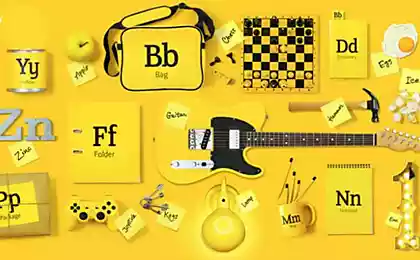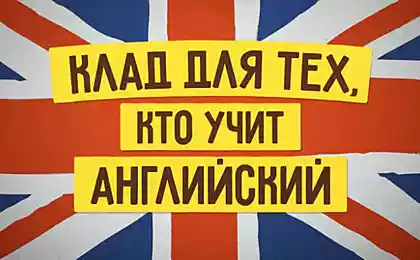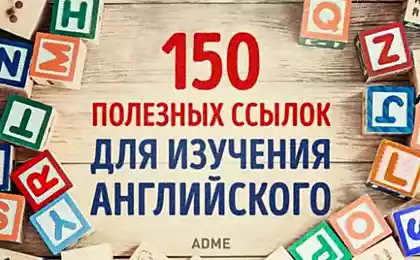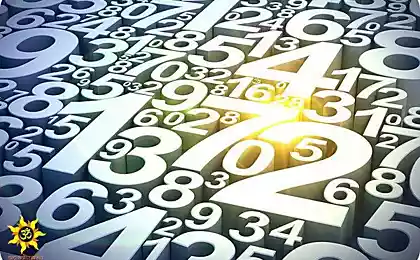121
Why you should study English in your free time
When I first started learning English, I couldn’t understand pronouns for a long time. I was always confused and didn’t know how to use them properly. What amazing offers I had skipped then, still ashamed. One simple sign helped to understand.

Editorial "Site" She shares this sign with you and tells you all about it. indefinite pronouns in English.
We will talk about the use of pronouns some, any and no. All of them belong to the group of indefinite pronouns and are used when you do not know or do not want to name a person. That is, we are talking about an indefinite object. Like some, some, etc.

These pronouns must necessarily stand before the noun that is defined. Let's look at each of them separately.
The tablet will help structure this knowledge and finally assimilate it. I don't know about you, but it's easier for me to absorb information in the form of signs: it helps to put things in order in my head.
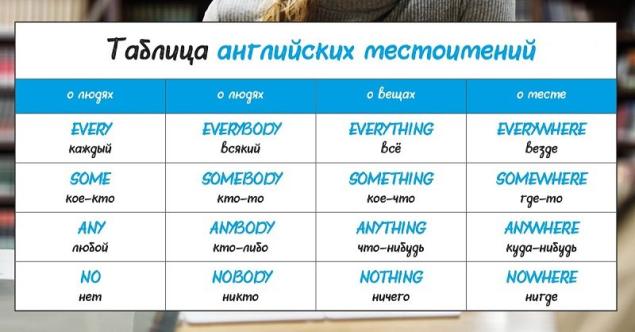
I hope you figured it out. pronouns And tomorrow you'll start speaking like a Native American. Of course, this will require a lot of practice. The main thing is to keep trying and not to quit classes.

Editorial "Site" She shares this sign with you and tells you all about it. indefinite pronouns in English.
We will talk about the use of pronouns some, any and no. All of them belong to the group of indefinite pronouns and are used when you do not know or do not want to name a person. That is, we are talking about an indefinite object. Like some, some, etc.

These pronouns must necessarily stand before the noun that is defined. Let's look at each of them separately.
- Some (some, some, some, some)
A very common pronoun used in both questioning and affirmative sentences. It is appropriate when it comes to a request or an offer to do something for someone. Like, "Would you like some juice?" - Want some juice? If some comes before the word in the singular, it is translated as “some girl”. If the word is plural, it is like “some people.” If the noun is innumerable, we translate it as “some sugar.”
From the pronoun some are formed others: someone - someone, someone, something - something, something, someone - someone, someone. To understand when to use each of them, check the plate that will be below.
All three pronouns can be used in both affirmative and interrogative sentences. Example: Somebody will help us.
Someone will help us. Do you want something to eat? - You want a snack?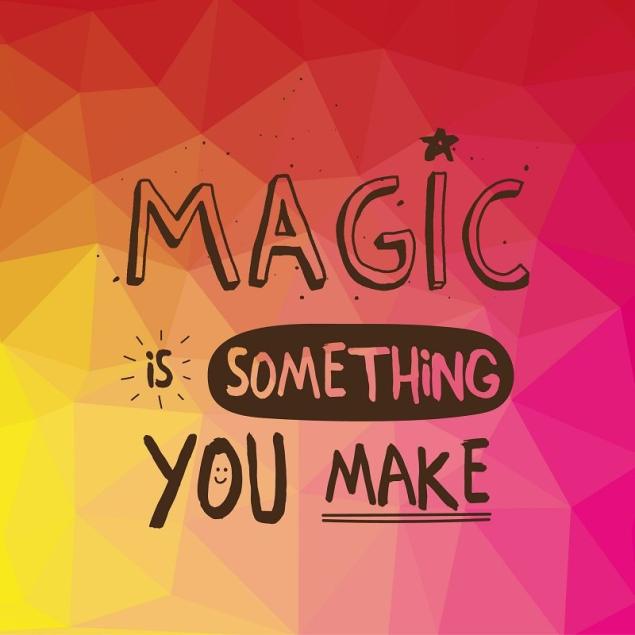
- Any (some, some, some, some, any)
This pronoun is similar in meaning to the previous one and is applied in much the same way. Do you speak any foreign languages? Do you speak any foreign languages? It can also be used in negative sentences: I did not find any mistakes. - I didn't find any mistakes. In affirmatives, any is translated as "any", "any", "any". Any girl wants to get married. Any girl wants to get married.
From here we get three different pronouns: anyone - anyone, anyone, anything - anything, anything, anyone - anyone, anyone, anyone.
I did not notice anything unusual. - I didn't notice anything unusual.
- No.
This pronoun is used only in negative sentences. Used with all types of nouns, both singular and plural, expressing the absence of something. She has no sneackers in her wardrobe. She doesn't have any sneakers in her wardrobe. From no we get three more pronouns: nothing - nothing, nothing, nobody - nobody, nobody, no one - nobody, nobody.
Example: I know nothing. - I don't know anything.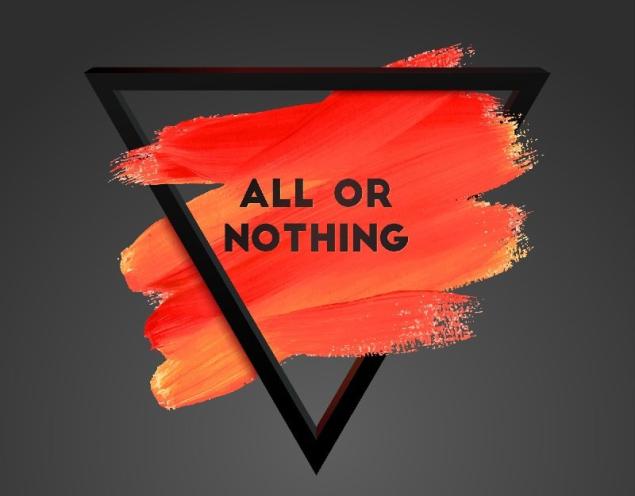
The tablet will help structure this knowledge and finally assimilate it. I don't know about you, but it's easier for me to absorb information in the form of signs: it helps to put things in order in my head.

I hope you figured it out. pronouns And tomorrow you'll start speaking like a Native American. Of course, this will require a lot of practice. The main thing is to keep trying and not to quit classes.







